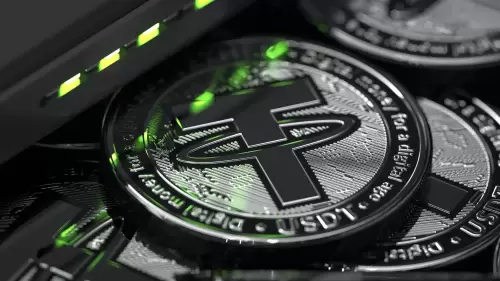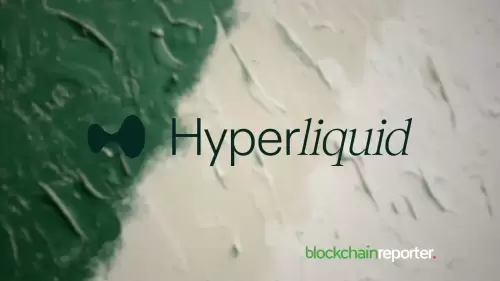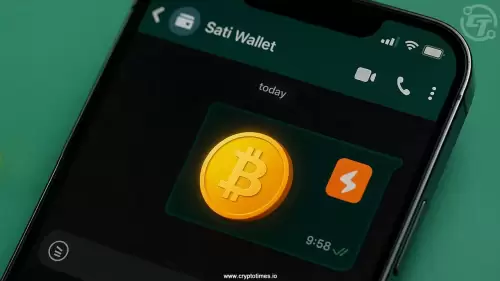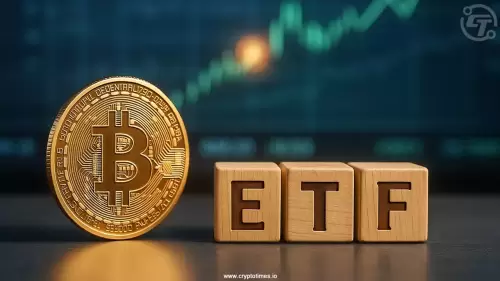A deep dive into the Nobitex hack, exploring its impact on Iran's crypto ecosystem and the alleged involvement of a pro-Israel hacker group.
Iran's crypto landscape is facing turbulence after a significant hack on Nobitex, the country's largest crypto exchange. Let's break down what happened, why it matters, and what it means for the future of crypto in Iran.
Nobitex Hacked: What We Know
On June 18, 2025, Nobitex suffered a major security breach, resulting in the loss of over $81 million. A pro-Israel hacking group, Gonjeshke Darande, claimed responsibility, alleging that Nobitex aided Iran in evading sanctions and funding terrorism. The attack targeted hot wallets on Tron and Ethereum Virtual Machine (EVM)-compatible blockchains. Provocative language was used in the custom vanity addresses, indicating a politically motivated attack. Post hack, Nobitex suspended all operations to investigate.
The Aftermath: Damage Control and Security Measures
Nobitex has assured users that cold wallet funds were safe and that losses would be compensated through its insurance fund and internal resources. The exchange severed external access to its servers and is moving funds from hot wallets to offline cold storage to prevent further exploits. However, user access remains unavailable, and the timeline for restoring access is uncertain.
Iran's Crypto Ecosystem: Nobitex's Central Role
Nobitex is a critical hub in Iran's crypto ecosystem. Chainalysis reports that Nobitex has well over $11 billion in inflows, dwarfing the next ten largest Iranian exchanges combined. It serves as a vital gateway for Iranians to access global crypto markets, especially given the country's limited access to traditional finance due to sanctions. The exchange also has links to groups considered terrorists in the Western world. This central role makes it a prime target, highlighting the vulnerabilities of centralized exchanges in regions with less regulatory oversight.
Political Motivations and Cyber Warfare
The Nobitex hack isn't just about financial gain; it appears to be politically motivated. Gonjeshke Darande's past attacks on Iranian infrastructure, such as Bank Sepah, suggest a broader cyber warfare strategy. The use of provocative language in the hacked addresses underscores the political dimension, aiming to disrupt Iran's financial activities and potentially expose sensitive information.
Broader Implications for Crypto Security
This incident highlights the increasing trend of wallet breaches and social engineering frauds, particularly in centralized exchanges. It underscores the need for robust security measures and regulatory frameworks to protect users and prevent future attacks. The Nobitex hack also raises questions about the safety of other exchanges operating in similar environments.
The Future: Uncertainty and Resilience
The Nobitex hack has undoubtedly shaken Iran's crypto community. With trading and withdrawals still suspended, users face uncertainty. However, Nobitex's commitment to compensating losses and enhancing security measures suggests a determination to rebuild trust and resilience in the face of adversity.
So, what's next? Only time will tell how Iran's crypto landscape evolves, but one thing's for sure: it's going to be an interesting ride. Buckle up, crypto enthusiasts!













































































